Joint statement in support of the New Legislative Framework and the AI Act
Joint statement in support of the New Legislative Framework and the AI Act
The joint statement in favor of the new legislative framework and the AI law is a joint statement signed by a group of stakeholders in favor of the new legislative framework and the AI law developed by the European Commission. The statement is signed by civil society organizations, businesses, universities and other stakeholders in the AI sector, who express their support for the new legislative framework and the AI law.
This statement begins by defining the framework and the concepts of this new legislative framework on AI. The COCIR recommendations indicate that the proposed regulation changes several concepts such as economic operators, suppliers, and placing on the market. Furthermore, there is a lack of a clear definition of risk, which is an essential concept in the conformity assessment procedure. Therefore, the COCIR recommends maintaining consistency with the new legislative framework for the AI law to be effective and usable. The COCIR also indicates that the category of products mentioned in Art. 6 of the AI law should be renamed to align with ongoing discussions aimed at limiting the scope of AI products to products with evolving behavior.
To ensure regulatory consistency, the signatories recommend that only those products for which safety criteria based on sectoral legislation impose a conformity assessment procedure by a third party be considered high risk. The AI law should respect sectoral specifications, such as what is considered a “substantial modification” by product and specific sectoral risk classifications. Additionally, the statement recommends that quality management and risk management systems for AI systems must be integrated and compatible with the quality management and risk management systems established at the product level, as provided for in Art. 17 (3) of the AI law.
According to the COCIR statement, the AI law should allow AI value chain economic operators to distribute responsibilities through contractual agreements based on the actual conditions of use of AI-powered products. In any case, responsibility should be attributed to the actors best placed to ensure compliance. If obligations were to be transferred from suppliers to other parties through contractual agreements between the parties concerned, a detailed clarification guaranteeing full compliance with the AI law should be established in these agreements.
The joint statement also calls for a harmonized approach to AI at the European Union level and increased cooperation between stakeholders to support the responsible and ethical development of AI. It also recommends the creation of effective AI control and regulatory mechanisms to ensure that this technology is used in a responsible and compliant manner with existing laws and regulations.
Author: COCIR
Date: 2022
